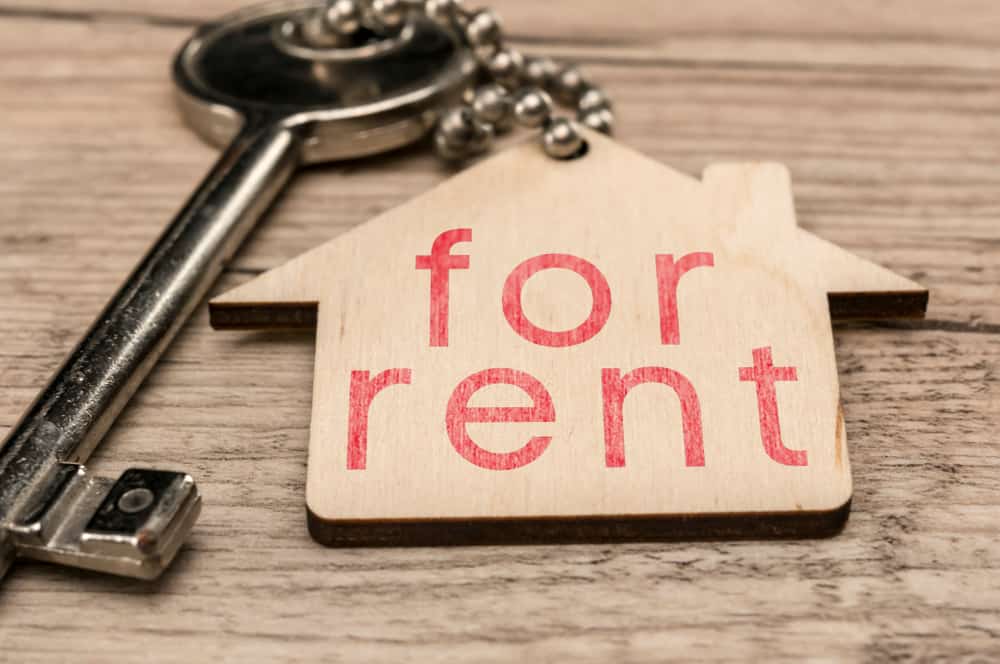
The rent bill for Millennials has fallen at an increasingly fast pace over the past three years, dropping 28%, from a peak of £33.3bn in 2017 down to £24.0bn this year.
Millennials currently account for 42% of all rent paid in Great Britain, down from a peak of 55% in 2016.
Meanwhile, the rent bill for Generation Z doubled from £1.8bn to £3.6bn between 2020 and 2021, and Hamptons said this figure is likely to double again next year.
Among older generations, however, Generation X’s rental bill has remained significantly higher than that of Baby Boomers.
This is partly a product of them renting more expensive homes than any other generation.
The average rent of a new let in Great Britain rose 7.4% – or £75 – in August compared to the same month in 2020, to stand at £1,085 per month, while this time last year rents fell 1% annually.
Southern regions outside of London continued to see the strongest growth. Rents in the South West rose 13.9%, followed by the South East (12.8%) and the East of England (10.9%).
London saw the weakest growth, with rents up 1.4% annually. While rental growth in Outer London softened a little to 3.9% in August, inner London rents continued to recover.
The average rent in inner London remains 8.8% cheaper than in August 2020, however rents rose 5.8% or £116 between July and August this year.
Aneisha Beveridge, head of research at Hamptons, said: “Leaving home in the middle of a financial crisis, like most Millennials did over a decade ago, made buying a home difficult.
“Collectively, Millennials are likely to have paid more in rent than any other generation.
“But as the oldest Millennials turn 40, their rental bill is now dropping sharply as they become less likely to be a tenant and more likely to own their home.
“We expect Millennial’s collective rental bill to continue dropping sharply for the next couple of years before flattening out as those who want, or are able to buy, have already done so.
“With fewer Millennials renting, the overall amount of rent being paid is falling too.
“In previous years when the number of renters was growing, this figure would have been pushed back up by the next generation flying the nest.
“But Generation Z’s bill is growing more slowly than Millennials’ ever did when they left home.
“While COVID is likely to have prevented many would-be first-time renters moving out of their parents’ home, mortgages for those with small deposits are far more widely available than they were in the five years after 2007.
“This has meant that more Generation Z’s are likely to jump the renting stage and become homeowners, as opposed to Millennials who have had to rent for much longer.”



